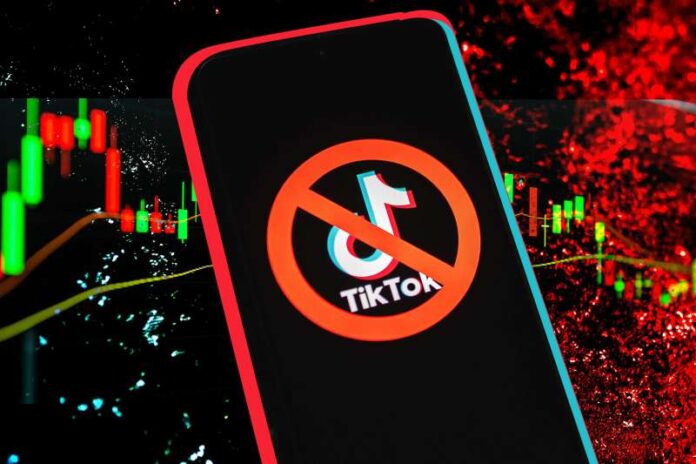Last week, a petition seeking a total ban on TikTok, the popular short-form video app, caused a public outcry and put Kenya on the list of markets where there are efforts to restrict access to the platforms.
Bridget Connect Consultancy CEO Bob Ndolo told Parliament in his submission that the explicit content displayed on TikTok promotes sexual violence, hate speech, and vulgarity, undermining the country’s moral fabric.
He also expressed concerns that given the platform’s addictive nature, there was cause to worry over Kenyan TikTok users’ mental health, especially since they are more than half of the Kenyan population, according to a recent survey by Reuters Institute.
The fresh debate comes as Kenyans increasingly use the social media platform to make money through content creation and influencing.
“TikTok, as well as the creators who rely on the platform for a living, would be big losers if the ban was effected. TikTok is one of Africa’s most popular social media platforms and has enabled numerous influencers and content creators to establish their careers,” states Nyandia Gachago, a digital marketing strategist.
The Reuters Institute report ranked Kenya as the global leader in TikTok usage, with 54 percent of citizens utilising the platform for various purposes. According to the report, 29 percent rely on TikTok for news consumption.
According to social media commentator Egline Samoei, outlawing TikTok would mean denying this group of people access to information and killing the businesses of creatives relying on the platform.
“Banning TikTok would badly hit the creative and influencing industries as well as other businesses using the platform. The winners would be the direct competitors of TikTok who include Instagram Reels and YouTube Shorts because that’s where users would likely move to,” says Mr Samoei.
Alternative solutions
While pundits agree that Mr Ndolo is right to be concerned about the moral decay that could result from TikTok usage, they argue that outlawing it ostensibly as a measure to cure the moral decay would be tantamount to the proverbial throwing the baby out with the bath water.
“Banning TikTok in Kenya can’t be a solution to shaping morality. Other sites are far worse than TikTok in terms of showing explicit content, and they are not yet banned,” observes Magnus Murage, a digital marketer.
He adds, “TikTok has lots of good and healthy content, including entertainment, news, and educational videos. What we should be pushing for in terms of legal interventions is content moderation, not a complete ban.”
Instead of pushing for a total ban, social media marketing expert Janet Machuka says the timely deed would be to give regulatory organisations such as the Communications Authority of Kenya (CA) “teeth to bite” so that moral values can be authoritatively enforced.
“Protecting our children and culture starts with the right regulations to control the content being shared by influencers. Putting policies and penalties for those with content that promotes harm is something we can do because, in all honesty, banning a platform with millions of Kenyan users is not a walk in the park,” says Ms Machuka.
And legislators appear to be reading from the same script as Ms Machuka.
When the Mr Ndolo’s matter came up for mention in the National Assembly last week, Majority Leader Kimani Ichung’wa spoke against the proposal saying Parliament could not preside over the prohibition of an app that is helping the government to create job opportunities for the country’s youth.
“The petitioner should [instead] come to seek on how to regulate the usage of the app; age group and content uploaded for a certain age to watch. Outright banning would kill the careers of many young people who earn a living through it,” submitted Ichung’wa.
Where ban is in effect
Other markets where TikTok has come under regulatory pressure include India where the app has been outlawed since mid-2020 as the government accuses Chinese firm ByteDance, the owner of the app, of secretly transmitting users’ data outside the country.
Others including the United States, Europe and Canada have favoured restrictions imposed on government officers, citing security concerns, especially alleged espionage by China.





